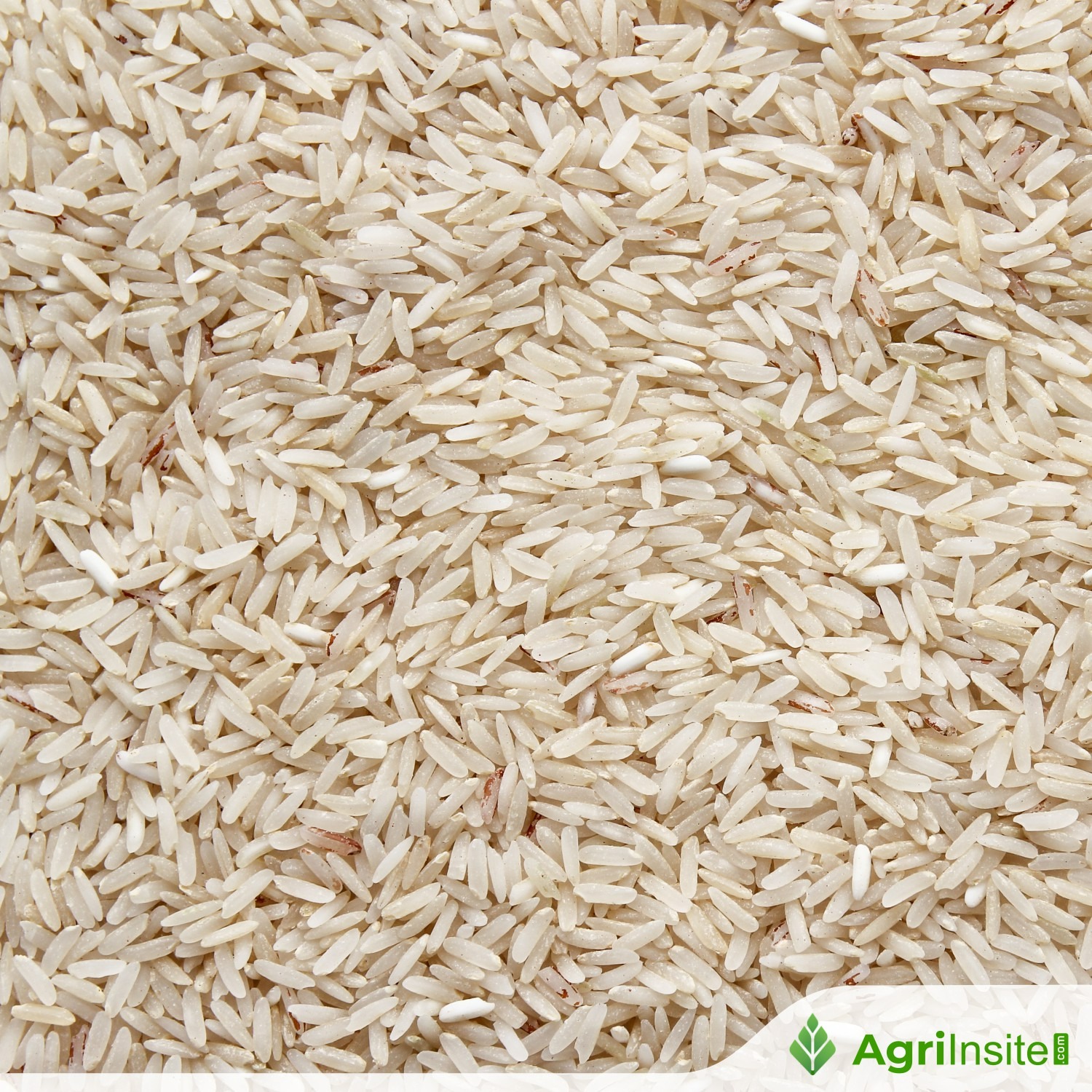Indonesia Gov’t Floods Market with Rice Reserves as Prices Break Ceiling

Indonesia will release 1.3 million tons of rice from reserves to stabilize soaring prices and ensure supply. Premium and medium-grade rice have exceeded government-set price ceilings. Despite increased production, prices remain high. President Prabowo also ordered a crackdown on rice fraud, targeting deceptive labeling and underfilled packages to protect consumers.
Jakarta. The Indonesian government will release 1.3 million tons of rice from national reserves into the market to curb rising prices and maintain supply stability, presidential spokesperson Hasan Nasbi said on Thursday.
The move comes as rice prices surge across all quality grades in nearly all regions of the country. According to the National Food Agency, the price of premium rice has climbed close to Rp 16,000 per kilogram, well above the government-set retail ceiling of Rp 14,900/kg.
Medium-grade rice has also surpassed the Rp 12,500/kg ceiling, with the national average exceeding Rp 14,000/kg. Only government-distributed rice, handled by the State Logistics Agency (Bulog), remains within the capped price of Rp 12,500/kg.
“The President has instructed Bulog to release 1.3 million tons of rice to the market as part of the food price and supply stabilization program,” Hasan said in a statement.
The rice distribution will be phased out between August and December.
The price hike comes despite a surge in domestic rice production.
According to the Central Statistics Agency (BPS), Indonesia’s rice output rose 14 percent to 21.7 million tons in the January-July 2025 period, compared to the same period last year. Total production for 2025 is projected to hit 35.6 million tons, up from 30.37 million tons in 2024.
At this pace, the government expects to accumulate nearly 10 million tons in national reserves by the end of the year — without resorting to imports.
Crackdown on Rice Fraud Intensifies
President Prabowo has also ordered law enforcement to take firm action against rice producers involved in fraudulent practices, including mixing high-grade packaging with low-quality rice or underfilling packages.
“The president’s instruction is clear: legal violations involving rice adulteration must be prosecuted. He wants law enforcement to act firmly and fairly,” said Hasan.
Earlier this month, police named three suspects in a rice fraud case. The accused, including CEO Karyawan Gunarso, are senior executives at Food Station Tjipinang Jaya, a rice packaging and retail company under the Jakarta Provincial Government.
They allegedly sold low-grade rice labeled as premium, and underweighted the contents below what was printed on the packaging.
To Read more about Rice News continue reading Agriinsite.com
Source : Jakarta Globe














